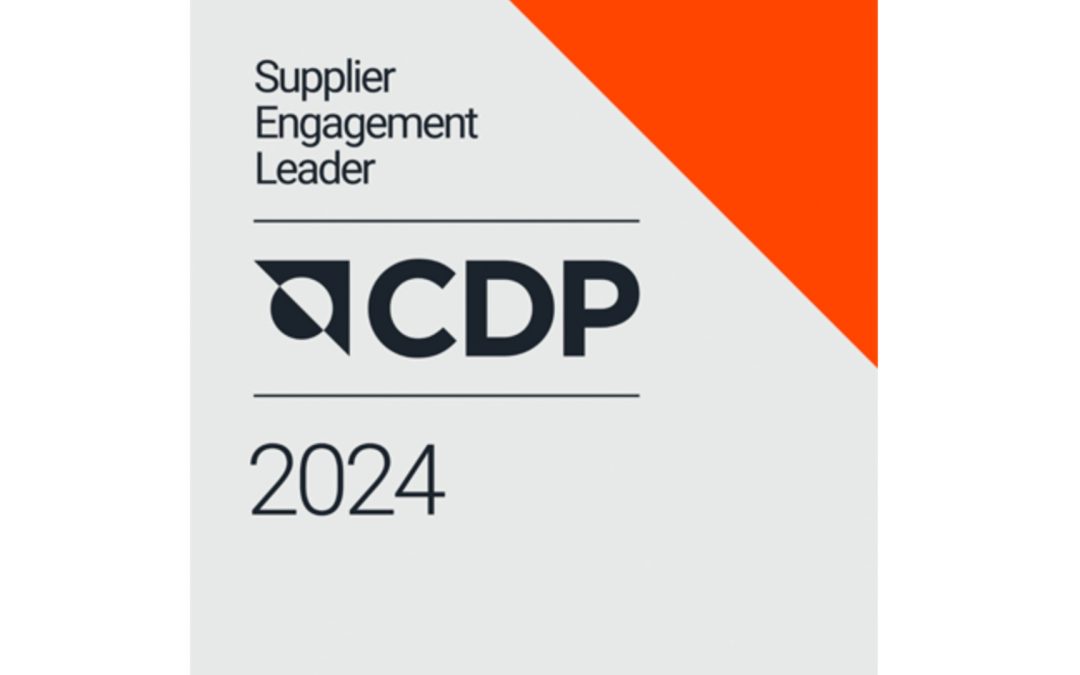 A recent study revealed that 79% of buyers are rethinking their buying behaviour and place more value on social responsibility, inclusiveness and environmental friendliness.
A recent study revealed that 79% of buyers are rethinking their buying behaviour and place more value on social responsibility, inclusiveness and environmental friendliness.
A study by Capgemini has shown that a rethink is taking place, also in Germany: 79% of buyers are rethinking their buying behaviour and attach more importance to social responsibility, inclusiveness and environmental friendliness. For good reason, almost two thirds of the respondents (64%) say that it makes them happy.
Capgemini says that COVID-19 has increased awareness and commitment to sustainable shopping. 67% of consumers are more critical of the shortage of natural resources due to the corona crisis, 65% want to become more aware of the consequences of their consumption in the “New Normal”.
Worldwide, more than 7,500 consumers and 750 companies (CPR) from nine countries worldwide participated in the Capgemini Research Institute “Consumer Goods and Retail: How Sustainability fundamentally changes consumer preferences” study.
“So far, many organisations have treated sustainability like a nice-to-have,” said Martin Arnoldy, Head of Consumer Goods and Retail at Capgemini in Germany. “However, the corona pandemic has now increased the desire for authenticity and responsibility worldwide, especially in large companies. For the own brands of our supermarkets in particular, I see a real opportunity to position themselves – which, incidentally, also increases the pressure on the brand owners to follow suit…”
Sustainability aspects influence the consumption behaviour of more than half of the population today. The study showed that around every second consumer (48% in Germany, 53% internationally) switches to less known brands if they are more sustainable. More than half of the consumers (52%) state that they have an emotional connection to products or organizations that they perceive as sustainable. In addition, more than half of the respondents (64% of Germans, 68% international) are increasingly considering local products that they consider safer and more sustainable.
Retailers and manufacturers have now internalised the advantages that sustainability has for their customer relationships. 77% say that sustainability leads to more customer loyalty, while 63% confirm that it increases brand sales.
Despite the intent to be sustainable, Capgemini said that there is a gap between what consumers think they know and what they actually understand about sustainability: 78% of consumers are not aware that you need 1,000 litres of water to make a candy bar and 68% do not know that an average burger leads to more emissions than a 15 km drive with the SUV. Almost 68% of consumers who bought these products were ready to buy a more sustainable product once they understood the sustainability issues. Capgemini explains that this means it is necessary to provide consumers with more information about sustainability. This result underscores the importance of brands that drive the sustainability agenda.
However, this knowledge gap also exists among retailers and manufacturers who believe that their buyers know more than they do. A good two out of three executives (67% in Germany, 65% internationally) state that their consumers know their sustainability initiatives very well. However, every second consumer (46% in Germany, 49% internationally) states that he has no information to check the sustainability information of products. Almost half openly say that they do not trust the sustainability information on products (41% of Germans and 44% of all respondents).
CPR organisations spend an average of 1.9% of their earnings on sustainability initiatives. The average investment is almost $34 million (€29.33 million) in value and they are reluctant to spend more – nearly 80% of organisations cite the impact on margins or cost overruns as a challenge in scaling sustainability initiatives. For almost three out of four organisations, other issues have priority.
Three in four (75%) of CPR organisations say they have a strategy, infrastructure, and resources to drive sustainability and circular economy efforts. However, less than a quarter of organisations have succeeded in implementing effective, company-wide initiatives. The most scaled initiatives are fair labour policies and safe working conditions. 48% of the companies state that they have reached a certain level in these areas. In contrast, sustainable IT, which is about reducing the carbon footprint of digital processes (e.g. energy efficiency in data centres), is only increased by 18%.
According to Capgemini, although the pandemic is moving the circular economy back into focus, only 18% of managers have invested in circular economy initiatives and only 35% plan to invest in this area over the next three years.
Pia Heidenmark Cook, Chief Sustainability Officer at Ingka Group, to which IKEA Germany belongs, said: “I think change management is a challenge that many organisations face. Many organisations have the impression that sustainability is more expensive. However, they do not realise that initiatives such as waste reduction or energy efficiency reduce their operating costs. So I would say that the most important challenge that stands in the way of sustainability is change management – showing the business case, why it makes sense, and influencing and inspiring people to understand why it makes a difference.”
The complete study can be downloaded here.



















